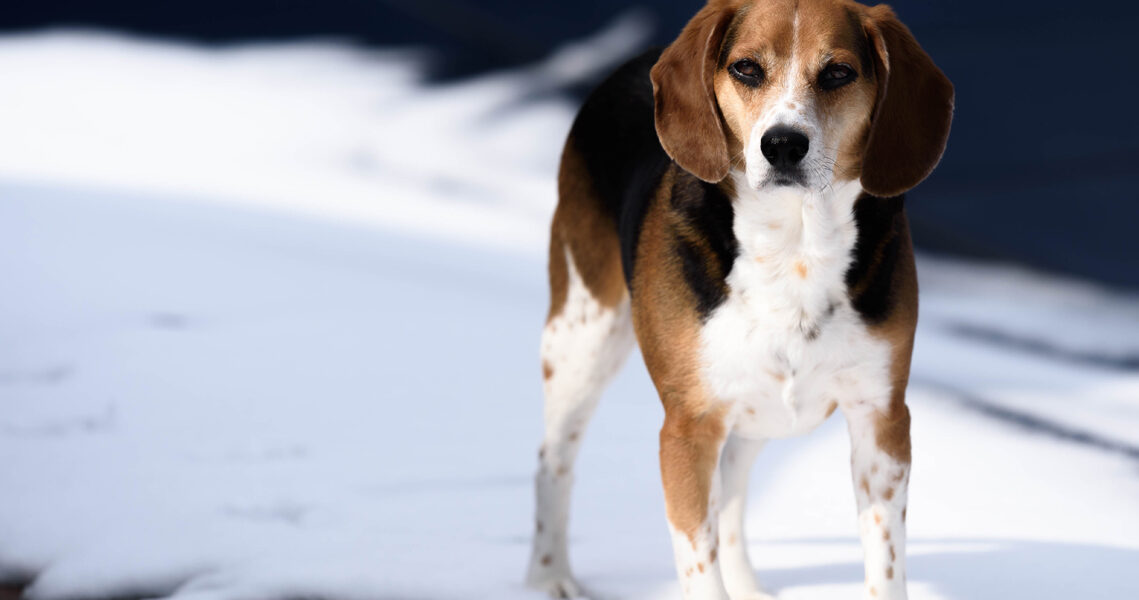Why Your Dog Needs Animal Protein
Dogs evolved from carnivores
Dogs should be fed as nature intended, as carnivores like their natural ancestors.
Natural fuel
Your dog, like his wild ancestor the wolf, is designed to hunt, eat and digest meat. Generations of domestication mean that he no longer needs to hunt, but his body is still predisposed to function optimally on a diet derived from meat — animal protein.
From his digestive system to the way he converts and uses energy and nutrients, he is structured to process and utilize animal protein and fat better than high levels of fiber or vegetables.
SUPPORTING STRONG NATURAL DEFENSES
While your dog may seem quite content to relax at any given opportunity, he does need and enjoy regular exercise. When he is out and about he will be exposed to a variety of environmental factors and needs a strong immune system to defend against these.
A dog’s diet should contain special nutrients called antioxidants such as vitamin A, vitamin C, and vitamin E and certain compounds called Carotenoids (like 13-carotene) to help support his immune system. Antioxidants are important because they can control excessive peroxidation of body cells, and support the immune function as your dog gets older.
MAGNIFICENT SKIN & COAT
Vital to coat and skin health is a diet that is rich in essential nutrients such as protein, fat, vitamins and minerals, especially zinc and copper, Proteins from food such as chicken. Iamb, fish and egg, provide essential amino acids to support healthy structure and function.
30-35% of your dog’s daily protein intake is needed to keep his coat and skin in good condition.
STRONG LEAN MUSCLES
The joints and muscles of your dog can benefit from special ingredients that will help keep him agile and active. It should contain Omega-3 fats found in fish meals and fish oil, which can help support joint health.
Nutrients such as glucosamine and chondroitin sulfate occur naturally in the body and are the building blocks of healthy cartilage. When contained in your dog’s diet, they can help support healthy johns by constantly replenishing the nutritional reservoir for repair and renewal.
It is also worth considering a diet containing the vitamin-like nutrient, L-carnitine that helps bum fat while maintaining lean muscle mass.
OPTIMAL DIGESTION
Your dog’s nutritional needs are significantly different from yours, as are his digestive capabilities. He evolved from a carnivore and is built to digest animal protein and fat, rather than high levels of fiber or vegetables.
To help maintain the overall wellbeing he requires a diet that will provide highly digestible protein ingredients, such as those from chicken, lamb, or fish as well as carbohydrates, fats, vitamins, and minerals. He also needs a certain amount and type of fiber to aid gastrointestinal health and digestion.
Beet pulp is a natural fiber that provides bulk, helps to move food through the intestines, and can be broken down by gut bacteria, aiding the digestive process.
Fructooligosaccharide (FOS) in diets is a prebiotic fiber that promotes the growth of healthy bacteria. comparable to those found in probiotic yogurts for humans. This helps maintain the natural balance of a healthy gut.
A dog processes its food in around half the time of a human, so the nutrients must be optimally absorbed.
HEALTHY TEETH & GUMS
Your dog’s oral health can benefit from eating a premium diet that helps reduce tartar build-up during and after meals. Most dry foods scrub away plaque while chewing but more advanced premium diets that help to reduce tartar build-up both during and after meals.
80% of dogs can show dental problems by the age of 3. Dog diet should contain special dental care ingredients to reduce tartar build-up and aid improve long-term dental health.
STRONG BONES FOR AN ACTIVE LIFE
Nutrition plays a vital role in bone and joint development and maintenance throughout a dog’s life.
Nutrition tailored to breed size with the correct balance of energy and nutrients that help support strong bones and healthy joints will help a dog enjoy an active life.
The variety in the size of dogs r-mean they have vastly different growth rates. Mature adult dogs can range from lkg to 90kg. This means that a large or giant breed puppy has an extremely rapid growth rate when compared to a small breed puppy. Normal bone and joint development rely on correctly balanced nutrition both in terms of energy levels and optimal calcium levels tailored to breed size.
Joint nutrients
Nutrients such as glucosamine and chondroitin sulfate occur naturally in the body and are the building blocks of healthy cartilage. When contained in a dog’s diet, they can help support healthy joints by constantly replenishing the nutritional reservoir for normal cartilage maintenance.

